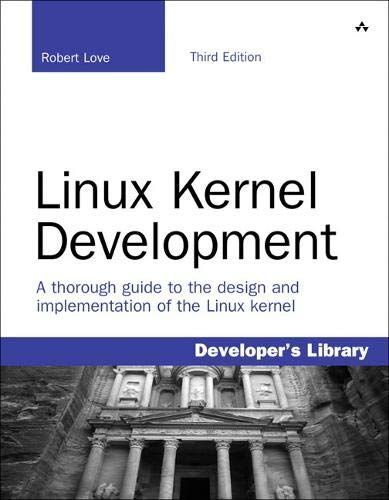
Linux Kernel Development
The authoritative guide to the latest Linux kernel: fully updated, with an all-new chapter on kernel data structures. * *Authored by a well-known member of the Linux kernel development team with a reputation for clarity, readability, and insight. *Covers all major subsystems and features of the latest version of the Linux 2.6.xx kernel. *Provides examples based on real kernel code: samples that developers can use to modify and improve the Linux kernel on their own. Linux Kernel Development, 3/e, is a start-to-finish guide to the design and implementation of the latest Linux 2.6.xx kernel, written specifically for programmers who want to understand the existing kernel, write new kernel code, and write software that relies on the kernel's behavior. Author Robert Love is respected worldwide for his contributions to the Linux kernel: contributions that have improved everything from Linux preemption and process scheduling to virtual memory. In this book, he illuminates every major subsystem and feature of the current Linux kernel: their purpose, goals, design, implementation, and programming interfaces. He covers the kernel both from a theoretical and applied standpoint, helping programmers gain deep insights into operating system design as they master the skills of writing Linux kernel code.Love covers all important algorithms, relevant subsystems, process management, scheduling, time management and timers, system call interface, memory addressing, memory management, paging strategies, caching layers, VFS, kernel synchronization, signals, and more. This edition has been updated throughout to reflect changes since the original Linux kernel 2.6 was released. It also contains an entirely new chapter on kernel data structures.